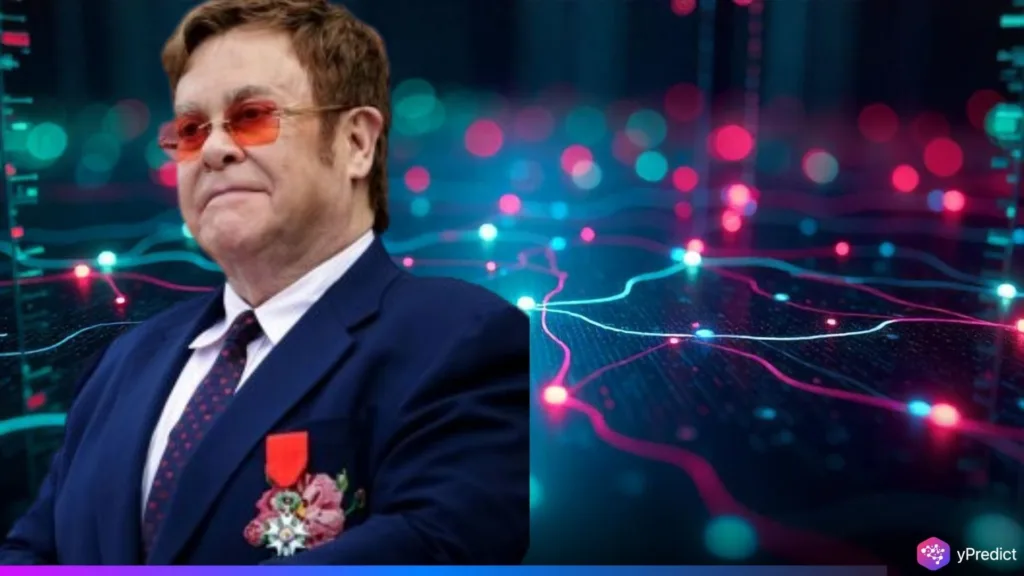
Sir Elton John has blasted the UK government’s decision to reject stronger copyright protections in the AI era. Calling the move “thievery on a high scale.” In a BBC interview with Laura Kuenssberg, the 78-year-old music icon expressed outrage over plans that could let tech firms use artists’ work to train AI systems without consent or compensation. After MPs rejected a House of Lords amendment to the Data (Use and Access) Bill. Elton accused ministers of betraying creatives and vowed to fight the decision in court. “They’re absolute losers,” he said. “We’ll fight it all the way.”
Creators Warn of AI Exploitation as Lawmakers Stall
The UK government is facing growing backlash after voting against transparency rules in the Data Bill. That would require AI firms to disclose what creative works they use in training models. The amendment, backed by the House of Lords, aimed to give artists the ability to opt out of AI data scraping. But MPs in the House of Commons blocked the change, prompting artists like Sir Elton John to speak out publicly. Elton said the decision robs young creatives of their livelihood. Arguing that AI cannot replicate the human soul embedded in real art.
“This is a criminal offence,” he said. “A machine cannot write with feeling; it’s theft, plain and simple.” Alongside him, playwright James Graham also criticized the government’s complacency, warning that tech firms are getting a free pass while artists lose control of their work. Elton accused Technology Secretary Peter Kyle of being “a bit of a moron” and urged Prime Minister Keir Starmer to “wise up.” Many fear that without stricter laws, AI firms will continue exploiting copyrighted content unchecked, leaving artists unpaid and unprotected. The government has said it will wait for consultation results before changing legislation.
Battle Lines Drawn Between Artists and AI Developers
Elton John’s frustration reflects wider tensions across the creative industry. Where hundreds of artists have called for stronger safeguards against what many are calling AI-fueled “content theft.” The rejected amendment would have compelled AI firms to get permission and report exactly whose work they used. Critics argue the current lack of regulation leaves creatives vulnerable to exploitation by tech companies. That exploits books, music, and films for machine training. The government insists the Data Bill is about unlocking economic growth and that it’s conducting a separate consultation on AI and copyright.
But many creators aren’t buying it. They say the delay gives Silicon Valley firms an open runway to extract value from copyrighted content while avoiding accountability. Elton says he’s ready to go to court if needed. “We’re not just standing by,” he said. “We’ll challenge this wherever we can.” Meanwhile, the “Make It Fair” campaign, backed by publishers, musicians, and authors, is calling for a full audit of AI training practices. With the Data Bill bouncing between the Houses, the UK is fast becoming a battleground for the future of creative ownership in the AI age.
A Defining Fight for Creative Rights
Sir Elton John’s outspoken criticism may become a rallying cry in the fight over AI and copyright. As tech firms push for access to creative data, artists are demanding protections that preserve their rights, incomes, and creative legacies. The government’s refusal to back transparency measures has sparked public outrage and revealed a widening gap between Silicon Valley ambitions and creative industry values. With lawsuits looming and campaigns gaining traction, this standoff could shape how intellectual property is treated in the AI era. The message from Elton and his peers is clear: creativity deserves consent, and compensation.






